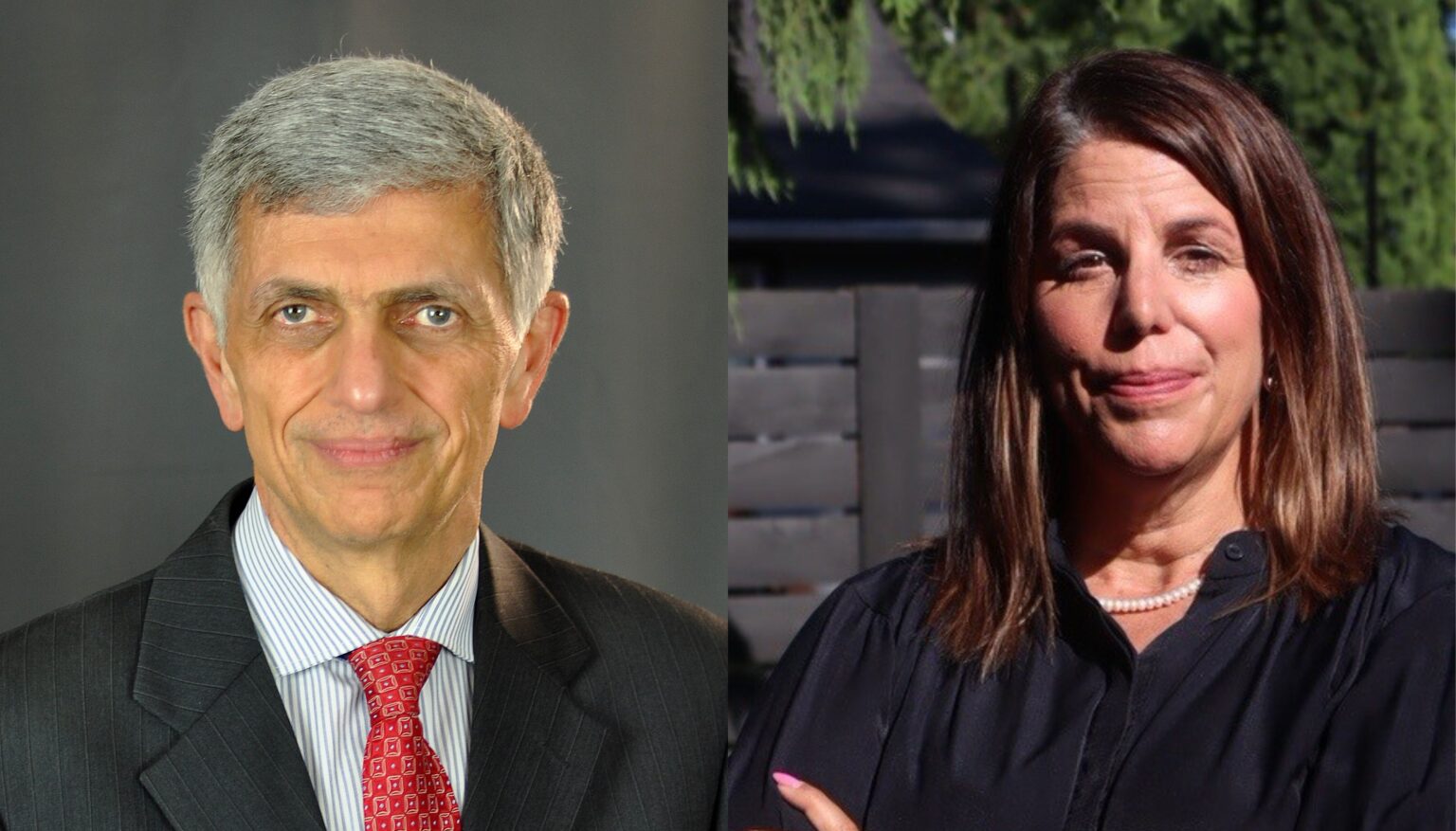Federal aid for unemployment benefits may be extended
Published 9:41 am Wednesday, December 23, 2020

- The three major candidates for governor in 2022 are raising records amounts of contributions.
Thousands of Oregonians may have to wait a little longer for payments, but action by Congress could ensure that their unemployment benefits will continue through March 13.
President Donald Trump, who has not yet signed the bill, is threatening to derail the plan that contains the 11-week extensions. The extensions are part of an $892 billion follow-up pandemic aid plan to the CARES Act that Trump signed on March 27. Both chambers of Congress passed the plan Monday night. Trump has signed a renewal of federal spending authority, to which the plan is attached, through the end of the federal budget year on Sept. 30 — well beyond the end of his term on Jan. 20.
Trending
The plan includes money for $600 checks, half the previous amount, to most taxpayers and child dependents. This item is separate from unemployment benefits.
More than 70,000 Oregonians were in jeopardy of losing benefits after Dec. 26, when their programs were scheduled to end. Acting Director David Gerstenfeld has said that because of the delay in congressional renewal of the programs, the Oregon Employment Department would likely face an interruption in payments.
A statement issued Tuesday said the state agency would await instructions from the U.S. Department of Labor, which oversees state unemployment benefit programs. “We need this guidance (rules and information) in order to implement any changes and get benefits out the door,” the statement said. “We will provide additional information, including instructions on what claimants should do, as soon as we are able.”
An agency spokeswoman said people should not call, but may sign up for email updates when they become available.
The vast majority of affected Oregonians are self-employed and gig workers — freelancers, independent contractors and temporary workers — who became newly eligible for federal benefits under the CARES Act passed by Congress in March. This program is known as Pandemic Unemployment Assistance.
Others received federal payments in addition to the 26 weeks of regular benefits available from Oregon’s unemployment trust fund. The limit under that program, known as Pandemic Emergency Unemployment Compensation, was 13 weeks.
Trending
The new extensions will provide up to 11 more weeks of federal payments under those programs through March 13.
In addition, the new legislation will restart federal benefits of $300 per week for all unemployed workers under the Federal Pandemic Unemployment Compensation program. The CARES Act set that amount at $600 per week — a provision added by Oregon Sen. Ron Wyden during negotiations — but that ended July 25 after four months. Trump ordered a transfer of $44 billion from the Federal Emergency Management Agency to fund payments of $300 per week for five more weeks (July 26 to Sept. 5) under the Lost Wages Assistance program, but most of that money has been spent.
The new legislation also will extend the federal pickup of state Work Share payments through March 13. Under Work Share, which covers about 67,000 workers, employers can reduce hours by 20% or 40% (one or two working days) and employees are paid through the program for the difference. Oregon authorized Work Share programs in 2016, after the Legislature passed a bill in 2015.
Congress could extend those programs beyond mid-March, about two months after Democrat Joe Biden becomes president, but those prospects are highly uncertain. The House still has a bare Democratic majority, and runoff elections for two Georgia seats will determine which party will control the Senate. Democrats would have to win both seats to gain a majority with a tie-breaking vote from Vice President-elect Kamala Harris.
The Employment Department also reported progress toward eliminating backlogs.
For claims requiring further review known as “adjudication,” the backlog of 52,000 on Sept. 30 has been reduced to 5,400.
For the waiting-week period that Gov. Kate Brown ordered abolished back in the spring, 413,300 people have been paid $284 million, but 9,700 still await payments.
Gerstenfeld has said the agency hopes to complete all work in those categories by Dec. 31.




